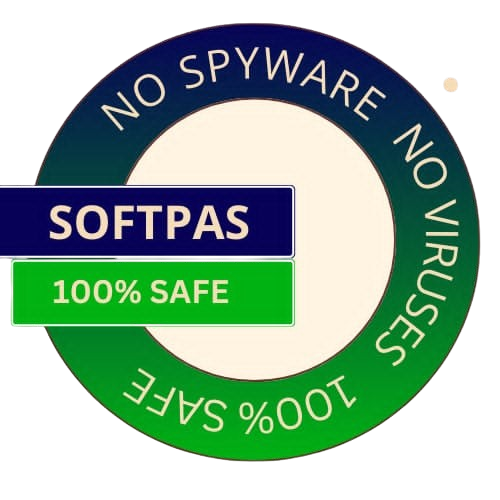
Get the best deals on your favorite games
libpcap is a super handy, open-source library that’s free and works on different platforms. It’s built using C/C++ and lets you filter packets using something called BPF, which stands for Berkeley Packet Filter. You’ll find it in many networking apps like tcpdump and Wireshark.
If you're looking to capture network packets on a Linux system, there's a little catch: your kernel has to support the "packet" protocol. This means you might need to tweak your kernel settings with the CONFIG_PACKET option if the package maintainer hasn’t already done it.
Ready to get started? First, download the latest version of libpcap from Softpedia. Save that archive wherever you want. Next, use an archive manager to unzip the files and fire up your favorite terminal app.
In your terminal, use the ‘cd’ command to go to where those files are extracted (like this: cd /home/softpedia/libpcap-1.6.2). After that, run this command: ‘./configure && make’. This sets everything up and compiles the program for you.
If all goes well during compilation, it’s time to install! Run ‘make install’ as root or just type ‘sudo make install’ if you have privileges. Once you do this, your project will be ready to capture network traffic using libpcap.
You can find detailed documentation on how to use libpcap by checking out the project’s homepage linked below.
This library is written in C and C++, which makes it super fast! It works with all GNU/Linux operating systems and comes as a tarball (that’s a TAR archive) containing its source code. Plus, it supports both 32-bit and 64-bit hardware platforms. Also part of this project is the tcpdump application, which you can also grab from Softpedia!
Go to the Softpas website, press the 'Downloads' button, and pick the app you want to download and install—easy and fast!

SoftPas is your platform for the latest software and technology news, reviews, and guides. Stay up to date with cutting-edge trends in tech and software development.
Subscribe to newsletter
© Copyright 2024, SoftPas, All Rights Reserved.